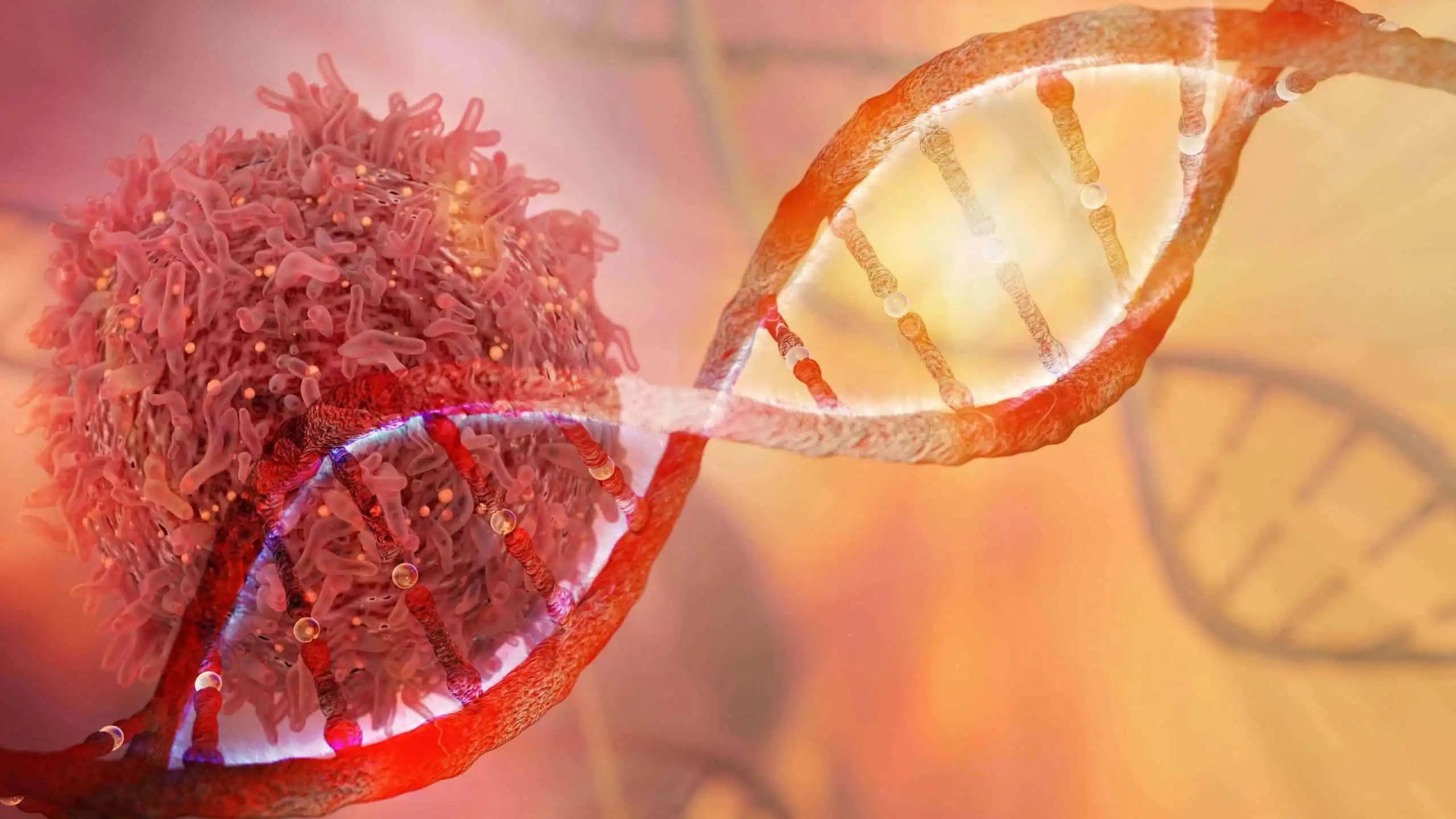KEY TAKEAWAYS
- The PD13-08 CORE1 phase 2 study highlights the potential efficacy of the CG0070-pembrolizumab combination in treating BCG-unresponsive NMIBC.
- The ongoing trial involves 35 patients with BCG-unresponsive carcinoma in situ (CIS) using intravesical CG0070 and pembrolizumab.
- The primary goal of the study is achieving complete remission within 12 months, with other objectives including overall CR, progression-free survival, duration of response, and safety assessments.
The vaccine CG0070 utilizes Ad5-based oncolytic technology to replicate tumor cells with deficient or mutated RB and express GM-CSF. This leads to cell lysis and immunogenic cell death, enhanced by GM-CSF. In a phase 2 study, a CR of 62% and a CR at 12 mo of 29% were reported in high-risk non-muscle invasive bladder cancer (NMIBC) pts who had previously undergone BCG treatment. The FDA recently approved IV pembrolizumab for bacillus calmette-guerin (BCG)-unresponsive CIS pts (with or without papillary tumors) with an overall complete RR of 41% and a 12-month CR rate of approximately 20%. The phase 2 study is underway to explore the potential synergy of these two agents for treating BCG-unresponsive NMIBC.
In the ongoing clinical trial, 35 patients diagnosed with BCG-unresponsive Carcinoma In Situ (CIS), whether accompanied by concurrent Ta or T1 disease, will receive a specific treatment regimen. This treatment involves intravesical CG0070 (at a dose of 1×1012 vp) combined with pembrolizumab (administered intravenously at 400 mg) every six weeks. The administration of CG0070 will begin with a weekly schedule for six weeks, serving as the induction phase. Subsequently, there will be maintenance installations with a weekly frequency for three weeks each, occurring at months 3, 6, 9, 12, and 18. If pts still exhibit CIS or HG Ta after three months, a re-induction phase with intravesical CG0070 administered weekly for six weeks may be deemed necessary. Continuation of pembrolizumab administration is required for up to 24 months. The assessment of treatment response will involve cystoscopy every three months, accompanied by a biopsy of suspicious areas, urine cytology, CTU/MRU scans, and mandatory bladder mapping biopsies at the 12-month mark. The study aims to achieve complete remission within 12 months, with other objectives including CR at any time, progression-free survival, duration of response, cystectomy-free survival, and safety. Additionally, there will be assessments of changes in the TME, systemic immune induction, and viral replication. Any recurrence of HG disease will be considered a disease recurrence.
The enrollment process has been successful. 92% of pts (22/24) achieved CR rate at three months, with continued success at subsequent time points. The pts in CR at three months showed no changes. This was observed in most pts on 14/16 at 6m, 9/11 at 9m, and 6/8 at 12 m. Treatment-related adverse events are consistent with previous studies.
The outcomes of using CG0070 with pembrolizumab to treat BCG unresponsive NMIBC will be presented at the conference. Details on the safety and efficacy of the treatment will be shared, along with an analysis of biomarkers like CAR, E2F, and PDL1 based on the participation of 35 pts.
Source: https://www.auajournals.org/doi/10.1097/JU.0000000000003260.08
Clinical Trial: https://classic.clinicaltrials.gov/ct2/show/NCT04387461
Li, Roger; Steinberg, Gary; Uchio, Edward M.; Lamm, Donald; Shah, Paras; Kamat, Ashish M.; Bivalacqua, Trinity J; Packiam, Vignesh; Chisamore, Michael J.; Mcadory, John; Grandi, Paola; Hnat, Nataliya; Burke, James PD13-08 CORE1: PHASE 2 SINGLE ARM STUDY OF CG0070 COMBINED WITH PEMBROLIZUMAB IN PATIENTS WITH NON MUSCLE INVASIVE BLADDER CANCER UNRESPONSIVE TO BACILLUS CALMETTE-GUERIN (BCG), Journal of Urology: April 2023 – Volume 209 – Issue Supplement 4 doi: 10.1097/JU.0000000000003260.08



